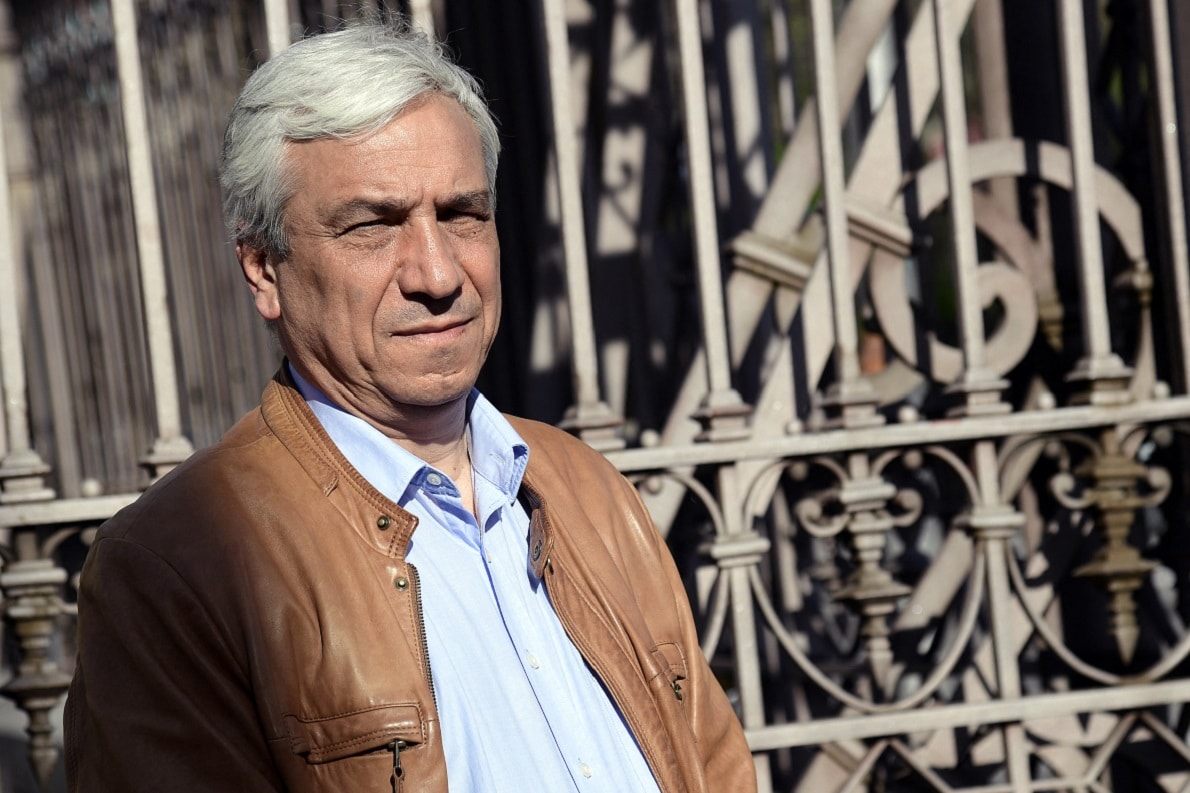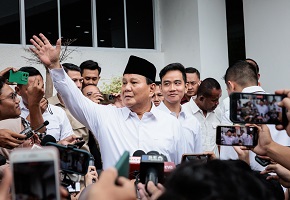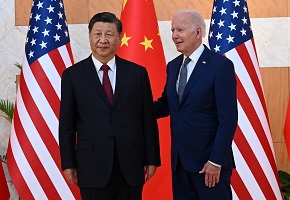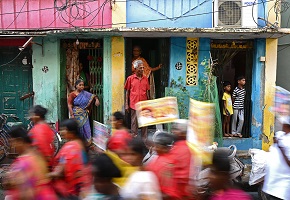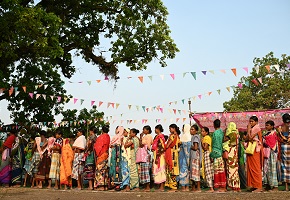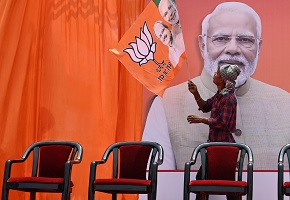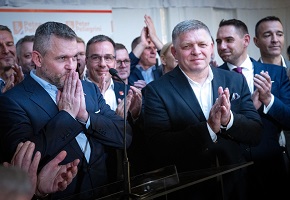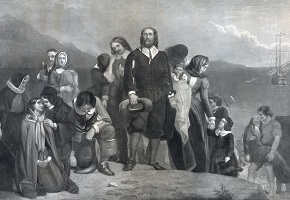Riccardo Cristiano 12 December 2024
Yassin al-Haj Saleh, born in 1961, is one of Syria’s foremost intellectuals and a long-standing dissident against the Assad regime. He spent sixteen years in prison for “political reasons,” including time in the maximum-security facility of Tadmur, also known as Palmyra. With the onset of the Syrian Spring, he immediately emerged as an opponent of the regime.


